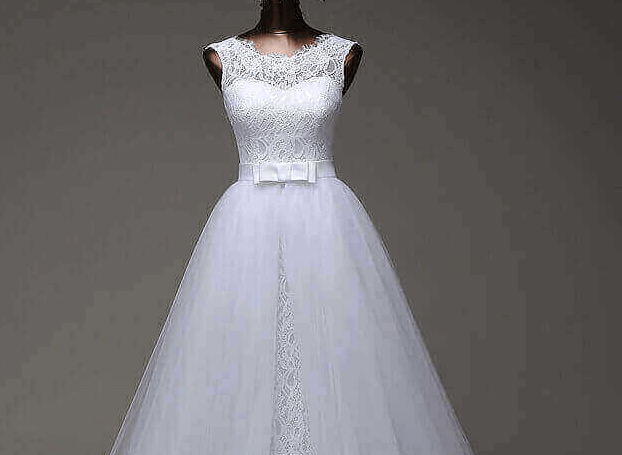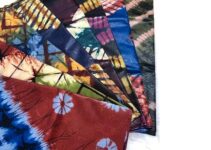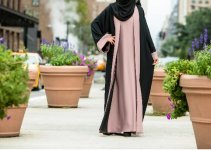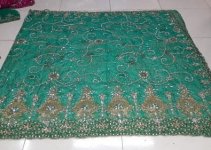Hand sewing machines are the same thing as manual sewing machines. What this means is that they are machines that work without the use of electricity. We all know that sewing machines are the principal piece of equipment for tailoring and fashion design.
Why would anyone prefer manual or hand-sewing machines? The major reason is their price. These machines are far more affordable than their electronic counterparts. In this post, we will discuss the prices of hand-sewing machines in the Nigerian market. We will also provide you with some important information.
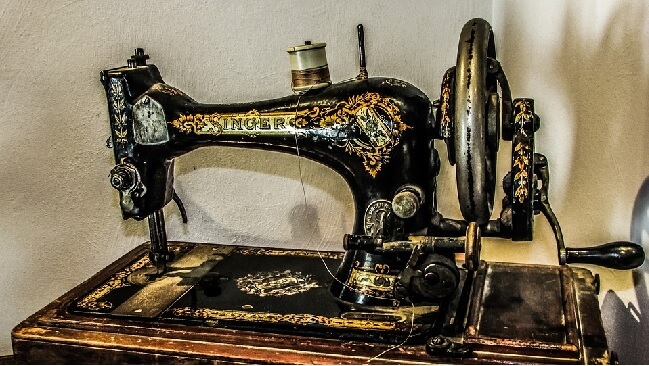
Prices of Hand Sewing Machines in Nigeria
The Nigerian sewing machine market is filled with several brands of hand-sewing machines. One of the most important factors in determining which of these pieces of equipment to invest in is pricing. So here is the question that begs an answer, ‘How much does it cost to buy a hand-sewing machine in Nigeria?’
To answer this question, we have surveyed vendors, both online and offline. From our results, we have come up with a list of estimates for you. Check them out below:
- Butterfly Short Table Sewing Machine – From N100,800
- Brother XR3774 Full-Featured Sewing Machine – From N172,500
- Janome Heavy Duty Portable Sewing Machine. – From N53,000
- Michley LSS-505 Multipurpose Sewing Machine (it comes with in-built stitches) – From N60,000
- Emel Sewing Machine (Manual) – From N120,000
- Emel Industrial Sewing Machine – From N288,000
- Xian Industrial Sewing Machine – From N220,000
- Butterfly Long Table Folding Sewing Machine (Manual) – From N145,000
- Haitral Sewing Machine – From N63,000
- Singer Heavy Duty 4432 Sewing Machine – From N300,000
- Singer 3232 Portable Simple Sewing Machin– From N405,500
- Butterfly Sewing Machine (Manual) – From N115,000
- Butterfly Sewing Machine (Electric) – From N160,000
PRICES LAST UPDATED: FEBRUARY 19, 2024.
These are the most popular hand-sewing machines on the Nigerian market along with their prices. Note that the prices may differ slightly depending on your location and the vendor. Before you purchase a hand-sewing machine, there are a few things that you should consider. Check them out in the next section.
Factors to Consider when Choosing a Hand Sewing Machine
Whether you are a novice or a pro, choosing a sewing machine is always a difficult process. To make it easier for you, we have come up with a few factors that you should consider.
The brand
This factor applies to sewing machines and other kinds of machines as well. Different brands have different reputations. Certain brands are known for more affordable sewing machines while others are recognized for quality.
What are you looking for? If you are ready to sacrifice quality for the price, then you should be ready to go for an inferior brand. However, if you are more interested in quality and durability, then you should go for the more popular brands. Some of them include Singer, Butterfly, and Emel.
These brands have been on the market for a very long time and have proven to manufacture high-quality machines. From the materials, they use in production to their production processes. Interestingly, the fact that a brand is not popular doesn’t mean that it wouldn’t be of good quality.
Stitches
Another important factor to consider when choosing your machine is the kind of stitches available. There is always the temptation of being deceived by the number of stitches available. It is a lot more than this.
What you need is a machine that has both zigzag and straight stitches. These are the basic stitches that you need. If there are any extras, then you should check for stitches like a knit stitch, buttonhole stitch, or blind hemstitch.
As a novice tailor, you don’t need so much in this regard. However, as you grow in the profession, your need for a machine that has more stitches grows. As such, you will need to upgrade to a machine that can handle more complex stitches or materials.
Noise
Before we go ahead with this point, it is important to note that all hand-sewing machines make some noise. However, the noise levels differ from one machine to another. If you can’t handle so much noise, you shouldn’t purchase a machine that makes such noise.
Aside from yourself, you must also consider the people around you. For most tailors, their creative juices flow very early in the morning or late in the evening. At both times, everyone else is either asleep or resting. Meaning that a noisy machine will make you become a nuisance in your environment.
To avoid unnecessary issues with housemates and neighbors, it is best to invest in a quieter machine. How do you know which machine doesn’t make much noise? Check reviews online, speak to experienced tailors around, and ask your vendor.
Frequency of use
How often do you make use of the machine? There are two categories of machine users, light users, and heavy users.
If you run a tailoring shop and you handle several sewing tasks all day long, you are a heavy user. On the other hand, if you only use your machine once in a while, you fall into the light user category.
For a tailor in the heavy user category, you need to purchase a machine that can handle consistent use. In other words, you need a heavy-duty machine from a brand that has a track record of durability. Investing in anything other than this will see you back in the market for a machine very soon.
As you can tell, heavy-duty machines are costlier but they are worth spending on. If you will be using your machine once in a blue moon, then a simple regular machine is just perfect.
Budget
Finally, we must discuss how much you are willing and able to spend on your machine. The general rule when buying sewing machines or any other thing is to go for what you can buy.
There are very affordable sewing machines that still fall under the heavy-duty class. Finding them is going to take some extra work. You’ll have to research the market properly to find the best machines in the category you can afford.


